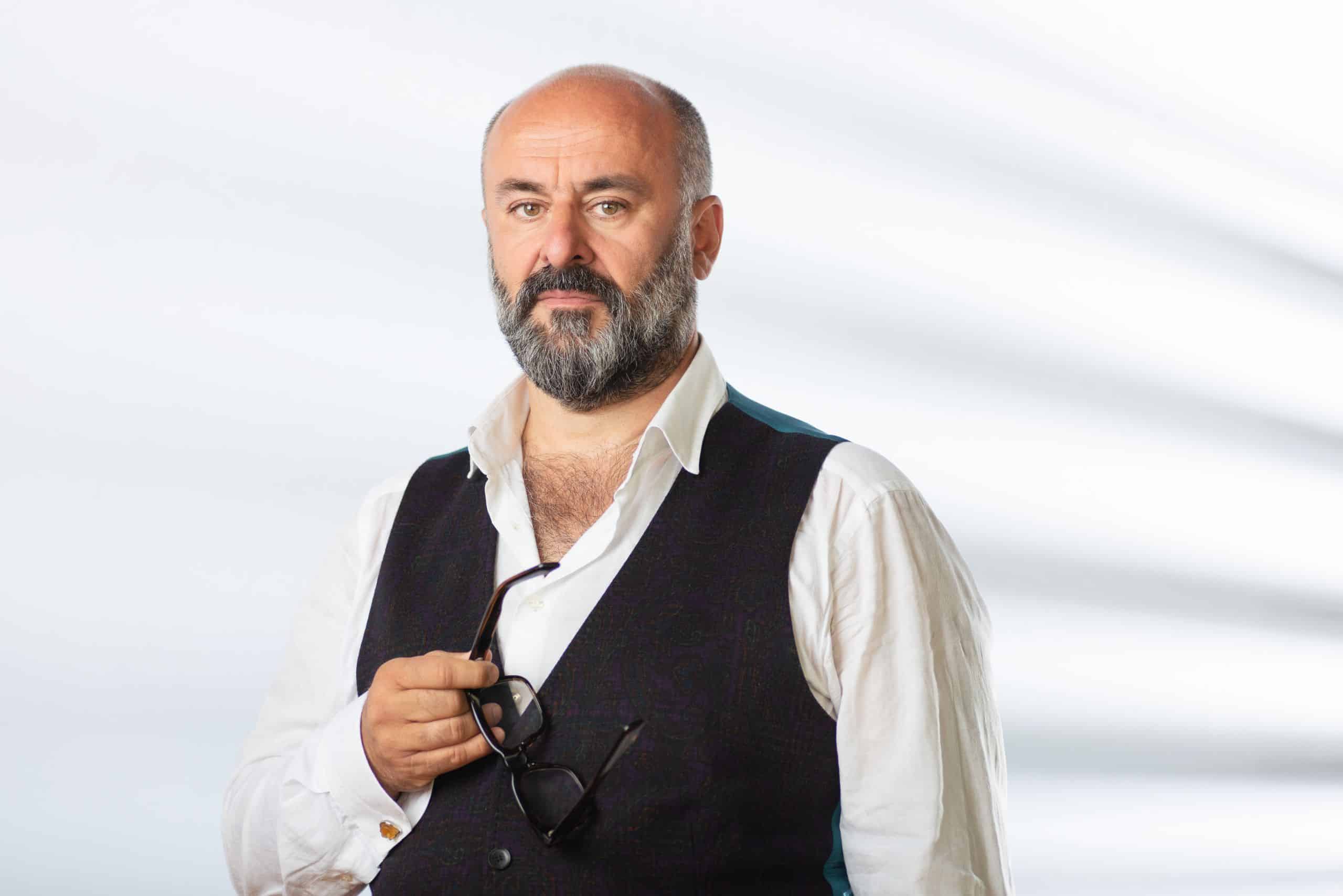Beethoven’s missing link is my 5-star album of the week
mainRecognise this Czech composer?
I thought not.
Heard a note of his music? No, I’m not surprised.

His name is Anton Reicha and his main claim to fame was as a Paris teacher of Berlioz and Liszt. But Reicha was also once Beethoven’s best friend. For seven years in Vienna Reicha dined with Beethoven once a week and composed instant responses to his early string quartets.
What do Reich’s works reveal? The missing link between early and middle-period Beethoven. Read on here.





L’Art de Varier Op.57 and the numerous piano fugues are also compulsory listening.
You’re obviously not a wind player. He wrote tons of wind quintets that are the at core of the repertory. Nothing on a level with Nielsen or Barber’s Summer Music, but some nice tunes. I esp. like Opus 88 #2.
I am an oboist and therefore know and have played some of his quintets. i feel that his ambition exceeds his capabilities, as though he aspires to compose the wind versions of Beethoven quartets without remotely achieving this. Franz Danzi, OTOH, was quite content to compose within his limitations and his quintets are pleasant, but slight.
The Reicha wind quintets are a crashing bore that no wind player should be subjected to. I agree that the Barber piece and the Nielsen Quintet are masterpieces. Samuel Barber is a sadly-neglected composer who deserves playing far more often. I’ve never heard anything second-rate by him.
“Reich’s works”? Not Steve!
All-time great woodwind quintet. I’m not even a wind player.
I have a lovely CD of some of his music, a serendipitous second-hand purchase in Prague. By the way, I believe that the correct Czech spelling is Antonín Rejcha.
His 36 (!) fugues for piano are quite popular in some circles. There’s a wonderful one which uses the opening of the Haffner Symphony as its theme. Would be great if his music were better known.
In my study period in Rotterdam (early seventies) a professor from Prague came to the conservatoire to play and discuss these fugues for us, stunned students. It made a very striking impression, the music was rather dry but in the same time full of invention and brilliance.
I found 9 symphonies by Antoine Reicha (he ‘Frenchified his name from his original Antonin Rejcha) here in Paris where he was head of the conservatoire. Much is missing I regret to say and I have been working from the originals for many painstaking years. If I recall the 9th symphony ‘In Praise of Famous Men’ is scored for double wind band, basses, six snare drummers & four cannon. The rest are Beethoven (his close friend) size.
It’s truly wonderful music. So inventive but as I too have just turned 70 I am not sure how much more I can put into this. Time will tell. However I have conducted six of the 9 symphonies, the rest are unfinished & as I said not complete either. Some are just a few bars of music, othere a movement or three !
Gary Brain says:
Antoine Reicha (he ‘Frenchified his name from his original Antonin Rejcha)
Antonin Reicha? Looks to me like he was from the German population of Bohemia.
Wonderful Te Deum at https://www.youtube.com/watch?v=w1TDHz-8_bk and also Requiem http://www.supraphon.com/en/catalogue/releases/&list%5Bsort%5D=&list%5Boffset%5D=216?item=250
I second Mr. Novacek’s recommendations above. A. Rejcha’s Te Deum and Requiem are extraordinarily fine works, and I will add another piece recorded on Panton to the list: “Der neue Psalm.” The latter comes close to Brahms’ Ein deutsches Requiem” in quality for a liturgical work in the German language, given that it is written in an early romantic idiom. Rejcha’s magnum opus that he became famous for throughout Europe were the 36 fugues for piano, published in 1803. They merit more attention than they get today. Rejcha’s numerous wind quintets are not all great, but quite a few of them are outstanding for the genre, and remain the only all-wind chamber music compositions that I will voluntarily listen to.
Of course, A. Rejcha was best known as a teacher of counterpoint and fugue at the Paris Conservatoire, where he had students such as Franz Liszt, Hector Berlioz, Henri Cohen, Charles Gounod and finally the 13-year-old César Franck for a few months before he (Rejcha, of course) died.
Much more attention should also be given to his uncle and adoptive father, Josef Rejcha, director of the Hofkapelle in Bonn from 1785 until his death in 1795. The young Beethoven played in the Hofkapelle, and is likely to have been formatively influenced by J. Rejcha in giving the cello a more prominent role in his Op. 1 piano trios and in composing the Op. 5 cello sonatas (although Duport would, of course, have been an influence too once Beethoven arrived in Vienna). J. Rejcha was, judging from his own cello concerti, an excellent cello virtuoso, attested to by Leopold Mozart, who praised Reicha’s cello playing and compared the style of one of his cello concertos to concerti by Wolfgang Amadeus.in a letter to his son.
J. Rejcha’s slow movements, in particular, are very beautiful, and the rather strange Concerto in E Major for Cello and Strings (or string quartet) is also worth noting along with his concertantes for various combinations of string instruments and orchestra.